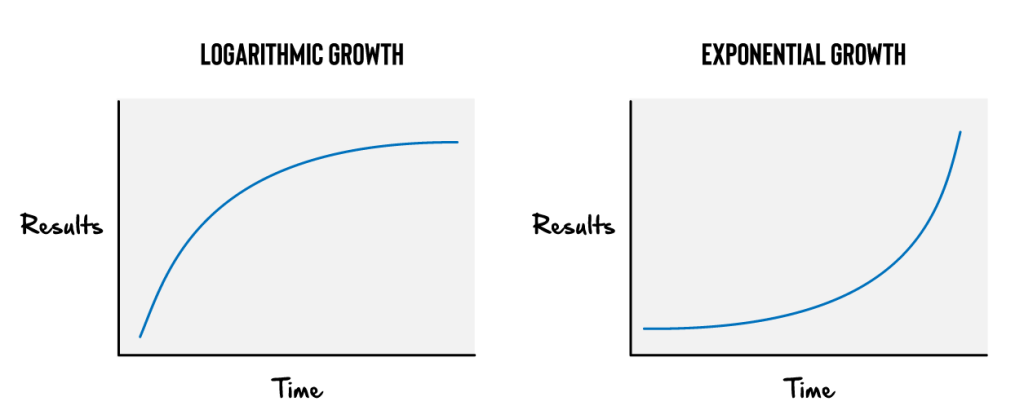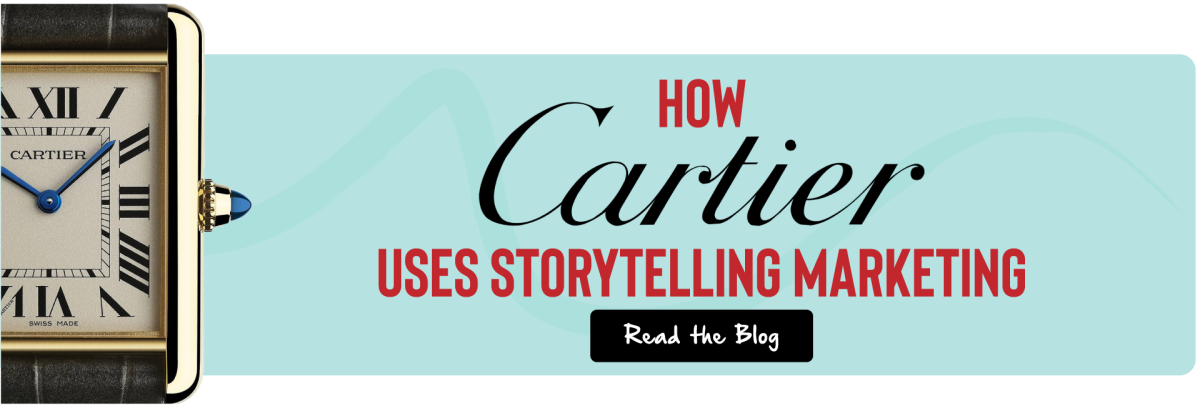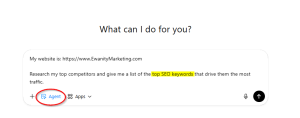
Too often I see businesses chase after new customers as if their growth curve is constant.
But, your growth will change over time. That’s just a fact.
👉 It’ll either be easier for you to acquire more and more customers (exponential growth).
Or…
👉 It’ll be increasingly more difficult (increased time and cost) to acquire more customers (logarithmic growth).
What if your business has already reached the point where the people who want / need your product have it, or have made a decision not to buy, and therefore, finding your next buyer is no longer worth the cost of acquiring them?
We see examples of this all the time such as mining bitcoin or oil.
At some point, it becomes more costly to acquire the thing than the thing is worth. Thus, there’s no profit to be made.
In the context of business, there’s a term called ‘critical mass’.
This refers to the point at which a business or a product reaches sufficient size, scale, or momentum to become self-sustaining and capable of growing further on its own.
In other words, you may be able to scale back on your sales and marketing efforts and thrive on your momentum alone.
If business results decline over time, it’s natural to blame sales and marketing teams, and replace them with new talent in hopes to change course and achieve higher rates of return.
But what if you’ve just reached a point where all the low-hanging fruit (i.e. the easy and inexpensive customers) have already been acquired, and instead of trying to pick the rogue stragglers one by one, a better approach would be to taper off?

Strategies for Sustaining Growth
Tap into New Markets
To sustain growth, it’s crucial to identify and explore new geographical regions or demographic segments that could benefit from your product or service. Conduct market research to understand the needs and preferences of these new markets, and tailor your marketing strategies accordingly. By expanding your reach, you can tap into additional sources of revenue and reduce reliance on existing markets.
Expand Product Line
Introducing new products or services that complement your existing offerings can help attract new customers and retain existing ones. Consider developing products that address emerging trends or customer needs, and ensure they align with your brand and overall business strategy. By diversifying your product line, you can appeal to a wider range of customers and increase sales opportunities.
Create a New Offering
Innovation is key to sustaining growth in a competitive market. Developing innovative solutions or bundles that address emerging needs or trends in your industry can set you apart from competitors and attract new customers. Conduct market research to identify gaps in the market and develop offerings that provide unique value to customers. By staying ahead of the curve, you can maintain a competitive edge and drive growth.
Increase the Lifetime Value of Existing Customers
Building long-term relationships with your customers is essential for sustaining growth. Offer personalized experiences, such as loyalty programs and exclusive offers, to encourage repeat business and increase customer loyalty. Provide excellent customer service to ensure customer satisfaction and retention. By focusing on the lifetime value of your existing customers, you can maximize revenue opportunities and drive sustainable growth.
Importance of Customer Retention
Customer retention is often more cost-effective than acquiring new customers and can lead to increased revenue and profitability over time. Loyal customers are more likely to make repeat purchases and recommend your brand to others, leading to a positive impact on your bottom line. By focusing on customer retention, you can build a loyal customer base that supports long-term growth.
Providing ongoing value to your customers is key to improving retention. Offer personalized experiences, such as targeted marketing campaigns and special promotions, to keep customers engaged and satisfied. Engage with customers through various channels, such as social media and email, to stay connected and address their needs and concerns. By listening to feedback and proactively addressing issues, you can enhance the customer experience and improve retention rates.
Adapting to Changing Market Conditions
It’s important to recognize that market conditions are constantly evolving and businesses need to be flexible and adaptable to stay competitive. Monitor market trends and consumer behavior to anticipate changes and adjust your strategies accordingly. By staying agile, you can respond quickly to market shifts and maintain a competitive edge.
Look for examples of companies that successfully navigated market changes by pivoting their strategies or offerings. Highlight how these companies identified emerging trends or challenges and adjusted their business models to stay relevant. By learning from these examples, you can gain insights into how to adapt your own business to changing market conditions and sustain growth.
Measuring Success Beyond Acquisition
While customer acquisition is important, it’s equally important to focus on metrics that indicate sustainable growth. Customer lifetime value, retention rate, and customer satisfaction are key metrics that can help you measure the long-term success of your business. By tracking these metrics, you can identify areas for improvement and make informed decisions to drive sustainable growth.
By incorporating these strategies into your business approach, you can position your company for long-term success and sustain growth even as market conditions evolve.
Continue reading: So You Want to Be a Growth Hacker?
Related Posts
Need help with your marketing activities?
If you’re looking to make a move with your marketing, reach out to us. We are priced fairly, we’re straight shooters, and are the very best at what we do.







